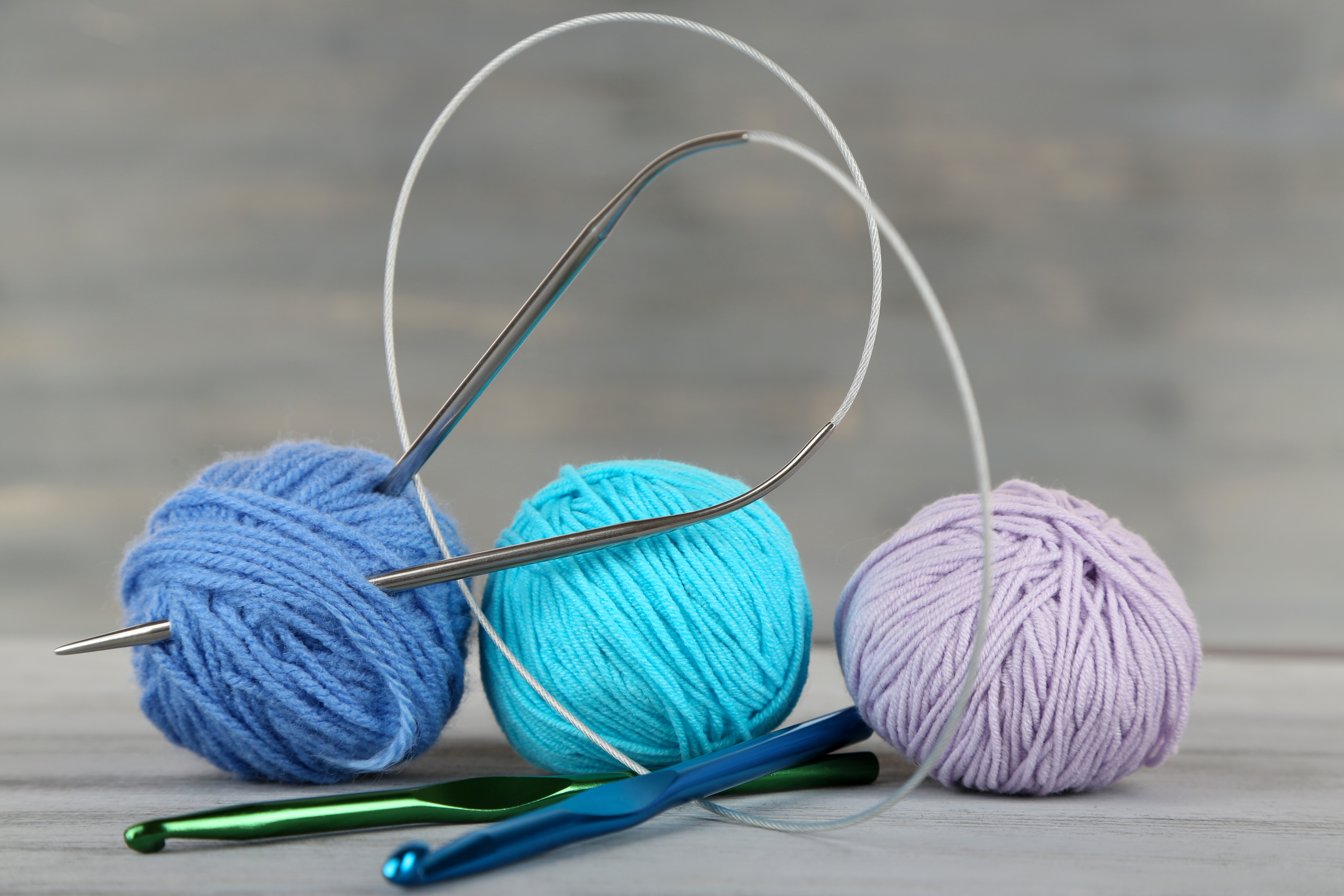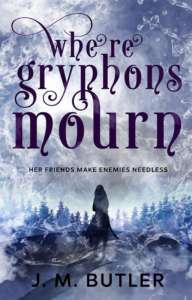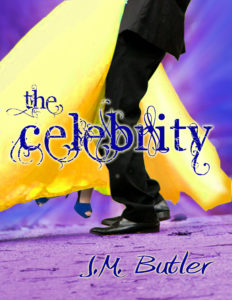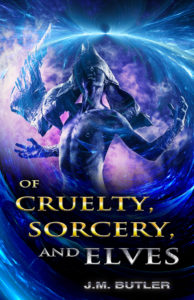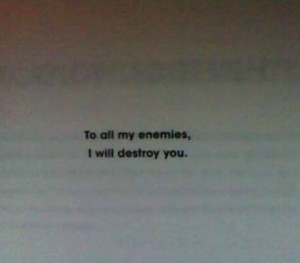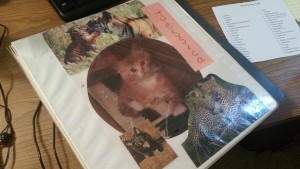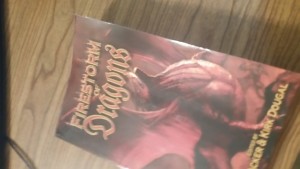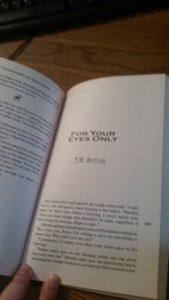It amazes me the number of people, myself included, who believe that they should not talk, post, or share their ideas or creations in part because of their physical appearance. Being too fat or too thin or plain or scarred or anything else is not a reason to silence oneself. But sometimes we all need a little encouragement.
These are general concepts and mostly drawn from personal experience and musings. There are probably some deeper nuances that we could get into, but I’m hoping I state these clearly enough. All of these are going to be under the assumption that you are a kind person who does take others into consideration and does not seek to make other people’s lives miserable. While some of the points remain true even then, others such as people looking forward to getting to know you might not be.
Your appearance does not change the value of what you have to say.
Weight seems to be one of the most common factors people use to claim they don’t want to share publicly. I hear many state that they are too fat or sick-looking to be able to share anything of value. Your physical body is a shell of meat and bone that encompasses a soul. Whether your skin sags or stretches, whether your stomach swells or flattens, whether your complexion inspires or repulses, it does not change that what you have to say has value.
Physical beauty is a wonder to behold, but that is not the admission price for sharing your heart and thoughts with the world. People may treat you differently because of the way you look, for better or for worse. Sometimes that will hurt, sometimes it may inspire.
But no matter what, the thoughts you maintain their value.
Your perspective and voice matter.
They do. And if you are the sort of person who generally keeps quiet or who is highly selective about what you say because you are constantly overthinking what you should or should not say, I’d suggest you are probably the sort of person who does need to speak more when you are able.
Bear in mind that there is only one you. Even if you believe that a multiverse exists, the you in these other dimensions would not be the you who is here now. You are fearfully and wonderfully made (Psalms 139:14). When you share your works and perspective, you contribute to the richness of stories and works already out there and give people the opportunity to understand, empathize, and connect.
Your speaking up does not keep someone else from speaking as well.
This, of course, presumes you’re not taking steps to silence someone. But speaking up alone unless you are literally talking over someone else. (I’ve also found that while this excuse does not really relate to one’s appearance, it’s often one that is used to excuse oneself from sharing rather than admitting that it is about one’s appearance.)
But the Internet does give us a great gift in that there is room for all of us to talk, share, and connect. Perhaps not on every platform in existence. But somewhere and most likely on most of the major platforms that are available to us. (There are some troubling indications of increasing censorship, but that’s another conversation for another time.)
Additionally, your decision to refrain does not guarantee that someone more conventionally attractive or better suited will step up to speak or share what was on your heart to begin with.
If someone attacks you because of your appearance, you probably already know how to handle that because it has happened to you before.
Most people have had to deal with various forms of bullying and shaming in their physical lives as well as online. And while certain situations may be emotionally problematic and even cause PTSD, I’ve found that those situations were generally harder to handle in person.
If you are not sure how to handle an online attack, you can reach out for support. Generally, though I’ve found ignoring is one of the best methods as well as refusal to engage while emotionally charged. I also realized that having to handle it in person made the online attacks distinct in that I did not feel quite as threatened.
Now do exercise proper care for yourself. If you are struggling with troll bombs or it just hits you really hard or you find it too much to deal with, you are not a failure for withdrawing. Prioritize your health. Take care of yourself.
Ultimately, the takeaway I want from this point is that you are stronger and better equipped than you realize. It does not mean that it will be easy necessarily. This does not mean you have to submit yourself to trolling attacks or cyber harassment.
Being silent when you have things you want to say can be damaging to your health.
When there’s something you want to say and don’t, you bottle it up inside you. Unless you have another outlet, this remains inside you, often festering and increasing your stress and frustration. For me, continued silence can sometimes lead to eruptions that have about the care and effect of a spewing volcano.
If people dismiss what you have to say because of what you look like, they were never going to listen to you to begin with.
This is pretty simple, but if someone responds to your art, your blog, or your post by saying, “put down the cheesecake and maybe we’ll talk” or “eat a sandwich and then I’ll listen,” they were never going to listen to you. Focusing on superficial attributes is generally an excuse to avoid engaging, and your physical appearance is not truly to blame.
Other people need to hear what you have to say.
Whether what you have to say challenges the status quo or comforts those in need or simply shares your perspective, other people need to hear what you have to say.
Also if you don’t share or post or put yourself out there, it’s going to be incredibly hard for you to find your tribe and for them to find you.
Even if it has already been said, even by you, some things need to be said more than once.
If you saw how many times I’ve had to repeat things to myself and go back and learn things I thought I had already learned, you might be ashamed of me. Or you might relate.
Anyway we do need to hear things more than once for it to sink in. Some lucky folks are able to learn on the first go while others of us require more time and more repetition.
If you are wrong, you can make amends, learn, and improve.
It’s a given that none of us are going to do this perfectly. I had a hard time accepting that I was going to mess up, particularly in an environment that seems especially harsh and unforgiving. But in the end, if we are humble in both what we do and how we respond, we can hopefully learn and improve.
Completing something and expressing yourself is good for the soul.
Over the years, I’ve struggled with depression. Particularly when dealing with a bad bout of illness. There is something remarkably healing and encouraging about completing something. Unfinished projects tend to add stress and feelings of failure. Expressing yourself helps you to put it out on the page.
Even if you don’t publish or share it, it is healing to finish. For me, a project rarely feels truly finished until it is published or released as that means I can no longer tinker with it.
You may meet some horrible people, but you will meet and connect to incredible people as well.
The Internet is a portal to some truly terrible people. Not simply individuals with whom you have a difference of opinions or core beliefs. But people who actually want to make others miserable and who take trolling to pro levels.
But they aren’t the only ones, mercifully. And there are increasing resources to avoid interacting with such individuals.
More importantly, there are other incredible people who want to meet you and connect with you and share with you. Some of my dearest friendships came through online communities and sharing my work.
It does take effort and time to locate these people, but if you are up for it, they will truly make your life better as you will make theirs better.
The process of putting together your thoughts and allowing them to be seen publicly can help you finetune and hone your skillset.
It’s easiest for me to write within the privacy of myself, knowing the story or piece is intended only for completion, not necessarily publication. However, when I force myself to go through the steps of polishing and preparing it for publication, I work harder at accuracy, proofing, and finetuning. More importantly, I have a definitive end.
You are the only one who can tell your story.
This has been said in part, but it’s worth saying again because it is vital. The combination of your experiences and responses is unique. You are the only one who has seen what you have from your specific perspective, and you are the only one who can tell it.
Note: The irony in all this is that I feel as if this post is garbage, but I am working to be more accountable at completing and posting things. So hopefully this was helpful. Much love! Talk to you soon.

